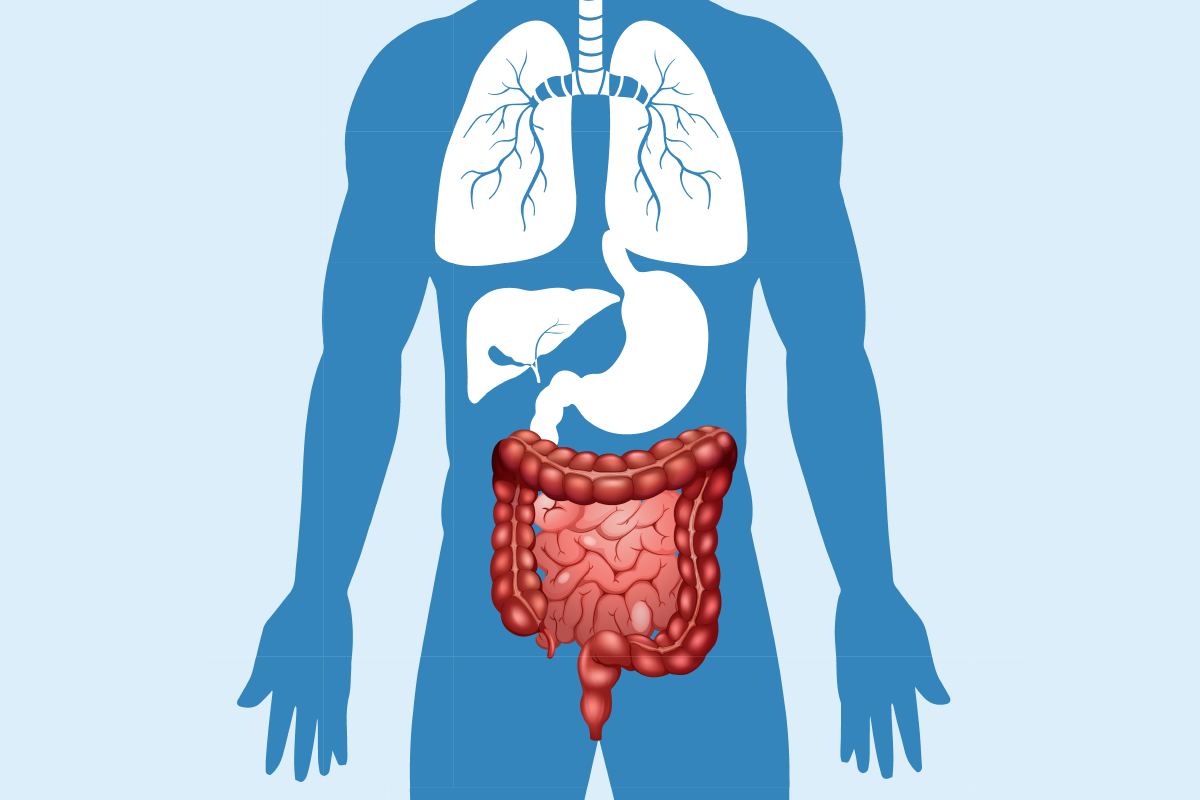Bowel Symptoms That Could Indicate Serious Health Issues
Common digestive complaints that millions experience daily could actually be masking serious bowel conditions. These seemingly harmless symptoms often go unrecognized for months while underlying diseases quietly progress. Understanding which everyday discomforts deserve immediate medical attention could be the key to catching problems before they become life-threatening

Understanding Common Bowel Disease Symptoms
Bowel diseases encompass a range of conditions that affect the digestive tract, particularly the small and large intestines. Common symptoms include abdominal pain, changes in bowel habits, bloating, and excessive gas. While occasional digestive discomfort is normal, persistent symptoms lasting more than a few days could indicate underlying issues. These might include inflammatory bowel disease (IBD), irritable bowel syndrome (IBS), diverticular disease, or more serious conditions like bowel cancer. Understanding the pattern, duration, and intensity of symptoms is crucial for proper diagnosis and treatment.
Recognizing Potential Bowel Cancer Symptoms
Bowel cancer often develops slowly, with subtle symptoms that can be easily dismissed as less serious digestive issues. Key warning signs include persistent changes in bowel habits lasting more than three weeks, particularly increased frequency, looser stools, or alternating between constipation and diarrhea. Rectal bleeding or blood in stool, regardless of other symptoms, should always prompt medical consultation. Other concerning indicators include unexplained weight loss, extreme fatigue, and a persistent feeling of incomplete evacuation after bowel movements. Abdominal pain, discomfort, or bloating associated with eating may also signal bowel cancer, especially when accompanied by other symptoms.
Inflammatory Bowel Disease: Critical Warning Signs
Inflammatory bowel disease comprises conditions like Crohn’s disease and ulcerative colitis that cause chronic inflammation in the digestive tract. Distinctive symptoms include persistent diarrhea (often with blood, mucus, or pus), severe abdominal pain and cramping, unintended weight loss, and fatigue. Many patients experience periods of active disease followed by remission. Additional symptoms may include fever, reduced appetite, and inflammation in areas outside the digestive tract such as joints, skin, and eyes. The chronic nature of these symptoms distinguishes IBD from temporary digestive upset, with nighttime diarrhea being particularly characteristic of IBD rather than IBS or other functional disorders.
When Persistent Symptoms Require Medical Attention
Digestive symptoms that persist beyond two weeks warrant medical evaluation. Particularly concerning patterns include progressive worsening of symptoms, symptom onset after age 50, nighttime symptoms that disrupt sleep, or symptoms accompanied by unexplained weight loss exceeding 5% of body weight. Other red flags include difficulty swallowing, persistent vomiting, severe constipation unresponsive to over-the-counter remedies, or a family history of colorectal cancer or inflammatory bowel disease. The presence of anemia, which may manifest as fatigue, weakness, or shortness of breath, should prompt investigation for potential gastrointestinal bleeding that may be imperceptible to the naked eye.
Distinguishing Dangerous Digestive Warning Signs
Some digestive symptoms represent true medical emergencies requiring immediate attention. Severe, sudden abdominal pain—particularly if accompanied by rigidity of the abdomen or signs of shock like rapid pulse and low blood pressure—could indicate bowel perforation, obstruction, or severe inflammation. Black, tarry stools (melena) or bright red rectal bleeding in large amounts suggests significant gastrointestinal hemorrhage. High fever (above 101°F or 38.3°C) accompanying digestive symptoms may indicate serious infection. Persistent vomiting, especially with an inability to keep down liquids, can quickly lead to dangerous dehydration. Jaundice (yellowing of skin or eyes) alongside digestive symptoms suggests liver involvement that requires prompt evaluation.
Treatment Approaches for Common Bowel Diseases
Treatment for bowel diseases varies widely depending on the specific condition, severity, and individual patient factors. For inflammatory bowel diseases like Crohn’s disease and ulcerative colitis, anti-inflammatory medications form the cornerstone of therapy, with more advanced biological agents available for moderate to severe cases. Irritable bowel syndrome typically requires dietary modifications, stress management, and targeted medications for specific symptoms. Diverticular disease management focuses on dietary fiber, antibiotics during inflammation, and occasionally surgical intervention for complications.
For bowel cancer, treatment options include surgery, chemotherapy, radiation therapy, targeted therapy, or combinations based on cancer stage and location. Early diagnosis dramatically improves outcomes, highlighting the importance of recognizing warning signs and participating in recommended screening programs. Regardless of the specific condition, comprehensive care often includes nutritional support, psychological counseling, and lifestyle adjustments to optimize quality of life while managing digestive symptoms.
This article is for informational purposes only and should not be considered medical advice. Please consult a qualified healthcare professional for personalized guidance and treatment.




